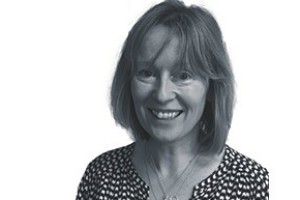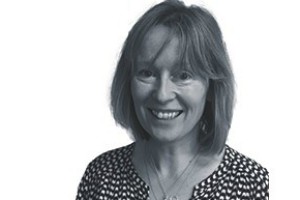
It is now six months since my husband died, and four months since I returned to Britain from New Zealand. My family has adopted a new routine, and my work has started to settle down into a familiar weekly pattern.
It did not take me long to remember how much I detest my workday being divided into ten-minute chunks – laughably inadequate, given the tasks that GPs are now expected to perform, magician-like, within that ridiculous time frame.
I have decided – for once and for all – to step away from conventional general practice. The relief has been immediate, and immense. Instead, I divide my week between my local hospice and the A&E department, where I work as a GP with the triage nurse, trying to improve the flow within the unit and reduce patient wait times where appropriate.
Six-hour shifts pass quickly, the work is satisfying, and the patients are pleasant and grateful. There are no random and inappropriate home visits involved, and there is an army of emergency-ready doctors and nurses down the corridor should I come across anything too terrifying for me to tackle unaided. I wish I’d stumbled across this work years ago.
I feel his presence in the hospital still, which is familiar and heart-warming
Having said that, I didn’t need to, pre-widowhood – I was lucky that my less well-paid hospice job was a luxury that I could afford to pursue while I had my high-earning consultant husband at home. That no longer being the case, my finances are my primary obsession in life, and I am often to be found adding up figures on the back of envelopes or on supermarket receipts, checking again and again whether I am doing enough of the A&E shifts to balance out my palliative care work, given our slashed family income.
I feel fortunate that I can work at all – I read about people so pole-axed by grief, who have needed a year or more off work, so destabilised have they become by their experience of bereavement. I am lucky to have incredible support from my hospice colleagues, many of whom are old and dear friends, and my new A&E colleagues are helpful and kind.
Many knew my husband, who worked in the hospital for 10 years before we emigrated. It is both comforting and upsetting to walk past ‘his’ intensive care unit, just along the corridor from where I am based. I wish that we had worked here at the same time, that we could have met for lunch in the canteen, or gossiped over coffee in his office at the end of my shift.
As it is, I feel his presence in the hospital still, which is familiar and heart-warming.
I talk to Richie often. I veer from higher plane discussions (beseeching him to forgive me for my failings, for letting him die) to more mundane matters (my intense loathing for pension contribution forms A and B, for instance – I feel it is important to involve him in all the glamour and excitement of my day to day administrative life).
I keep him up to date with the kids’ achievements, misdemeanours, mood swings and occasional, heart-stopping moments of empathy and wisdom. The text that I received the other day from my son, for instance: ‘Mum – just to say we are doing great without Dad. Love you.’
‘Doing great’ might be overstating things a little, but I knew what he meant. He meant, we’re not going under, Mum. We have each other. We WILL be okay.
I hope he’s right. I know that he probably is. But it sometimes feels hard to believe that anything will ever be right, really right, again. How could it be?
Breathe in. Breathe out. Repeat. We WILL be okay.
Dr Kate Harding is a GP and hospice doctor in Herefordshire

















